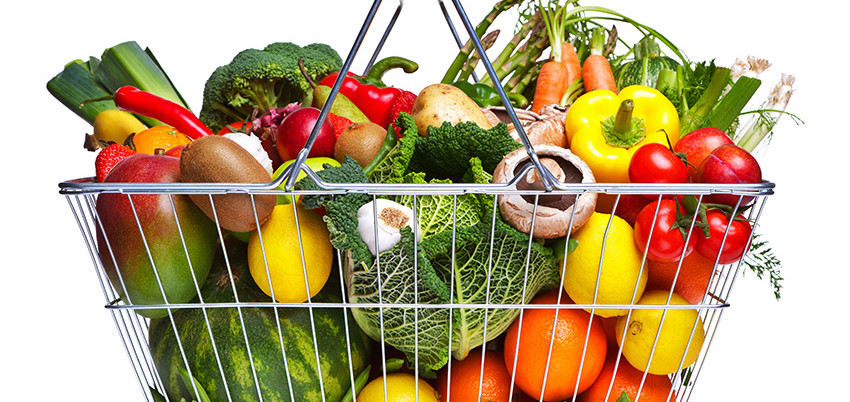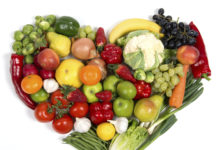Truth fact is that vegetables must form the base of your diet plan, and vegetable juice leads toward your everyday vegetable consumption. This WILL keep you healthy and with a better attitude towards life. While these may lack the polyunsaturated dietary fiber found in whole fruits, vegetable juice supplies quite a few nutritional benefits because of its photochemical, vitamin and nutrient material. Drink vegetable juice as an especially rich supply of several vital nutrients, which encourage appropriate tissue function and combat different types of chronic illnesses.
Some Vegetables Are Packed With Minerals

Vegetable juice comes packed with minerals, such as iron and aluminum. You need both iron and aluminum for energy generation and also to fuel your daily pursuits. Copper also helps your body use iron and encourages healthy nerve function, whilst iron can help you transfer and keep oxygen. A 1-cup serving of store-bought vegetable juice includes 484 micrograms of aluminum, or 54 per cent of the suggested daily consumption, set from the Institute of Medicine. Each serving also contains 1 milligram of iron 6 per cent of the recommended daily intake for girls and 13 per cent for men.
You’ll Get A Healthy Dose Of Vitamins C and A

Drinking vegetable juice also raises your vitamin consumption and gives considerable quantities of vitamins C and A. A cup of vegetable juice supplies Lots of vitamin A, or the entire recommended daily intake for men and women, set from the Institute of Medicine. You will also consume 67 mg of vitamin C per cup of juice. Both vitamins promote healthy immune function and also maintain your skin hydrated. Vitamin A also modulates chemical action, allows for healthy eyesight and promotes new cell growth, whereas vitamin C protects your cells from oxidation and prevents cell damage.
Lyco What? Lycopene

Vegetable juice functions as a superb source of lycopene, a nutritional supplement which can help provide the juice its reddish color. As an antioxidant, lycopene protects your cells from oxidation — a procedure which would otherwise harm your lipids and fats, in addition to cause genetic mutations. A diet full of lycopene reduces your risk of several chronic diseases, such as stroke and prostate cancer. Just one serving of vegetable juice boasts lots of lycopene; more than double the sum you require every day to reap its own health benefits, based on Harvard Health Publications.
Sodium Also Plays A Key Role Here

Despite its nutritional benefits, you ought to have vegetable juice since it’s too high in sodium. A 1-cup serving of standard vegetable juice includes 479 mg of sodium, just shy of one third of your daily limit, according to the Institute of Medicine. Should you consume vegetable juice as part of a high-sodium diet, then you increase your chance of heart attack, kidney impairment and stroke, clarifies the Linus Pauling Institute. If you drink vegetable juice, then start looking for lower-sodium choices. Low-sodium store-bought vegetable juice includes 169 mg of sodium 11 percent of your daily limitation — whereas vegetable juice made in the home with no extra salt can contain almost no sodium.
















